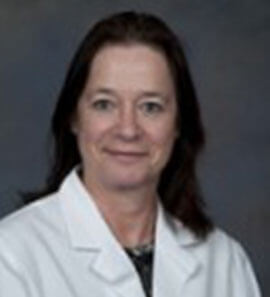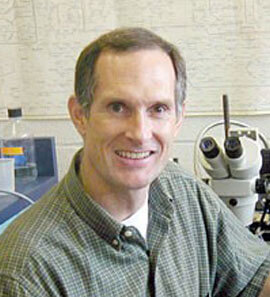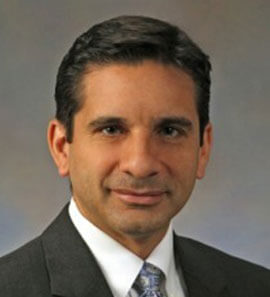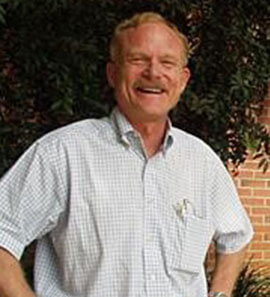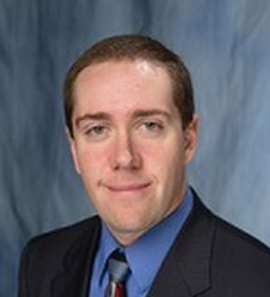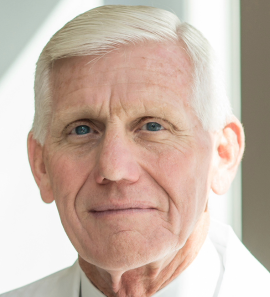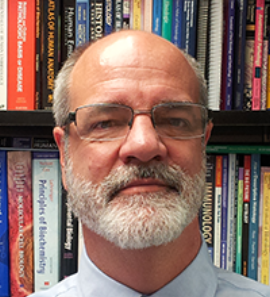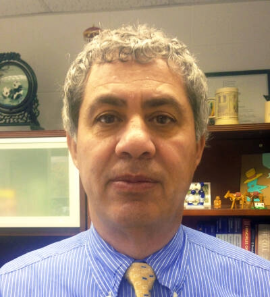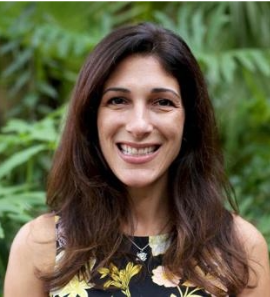Kirk P. Conrad, M.D.
Research Interests
A long-standing research interest is to understand the mechanisms underlying the massive systemic maternal vasodilation and increased arterial compliance that transpire during normal pregnancy. Another is the dysregulation of these maternal circulatory adaptations in preeclampsia (a hypertensive disease of pregnancy), and the potential etiological role of aberrant endometrial maturation in the defective placentation associated with preeclampsia and other placental syndromes, such as intrauterine growth restriction. Ultimately the goal is to apply the new knowledge gained from these investigations towards the development of mechanistic-based preventative, therapeutic and curative measures for these obstetrical diseases.
We found that the ovarian hormone relaxin is a potent vasodilator in the systemic and renal circulations, and that it contributes to the remarkable changes in the vasculature during pregnancy. These discoveries provided the scientific basis and motivation for pursuing the hormone as a therapy for afterload reduction in heart failure. We unveiled endothelial mechanisms of systemic vasodilation in pregnancy, and here our independent investigations of the cardiovascular effects of pregnancy and relaxin converged, leading to the elucidation of endothelial mechanisms for both “rapid” and “sustained” vasodilation by relaxin. We also observed that, unexpectedly, relaxin was equally potent in the vasculature of males, and to explain this finding we hypothesized the existence of local relaxin ligand-receptor expression and function in arteries, for which we subsequently provided both molecular and functional evidence.
More recently, we found a new role for relaxin in bone marrow angiogenic progenitor cell mobilization and function, and in the context of pregnancy. A final aim has been to apply the “lessons learned from pregnancy” to further understand and treat cardiovascular disease in the non-pregnant population (e.g., heart failure). It should be noted that we always strive to translate discoveries made in preclinical investigations to humans.
